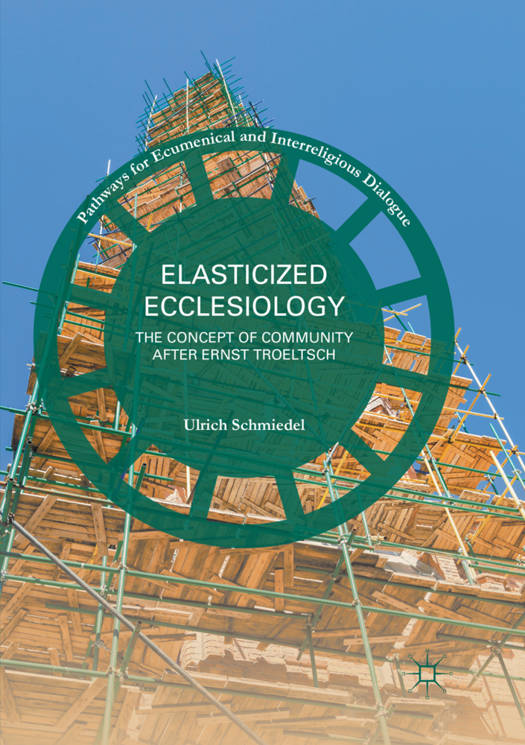
- Afhalen na 1 uur in een winkel met voorraad
- Gratis thuislevering in België vanaf € 30
- Ruim aanbod met 7 miljoen producten
- Afhalen na 1 uur in een winkel met voorraad
- Gratis thuislevering in België vanaf € 30
- Ruim aanbod met 7 miljoen producten
Zoeken
€ 126,95
+ 253 punten
Uitvoering
Omschrijving
This study confronts the current crisis of churches. In critical and creative conversation with the German theologian Ernst Troeltsch (1865-1923), Ulrich Schmiedel argues that churches need to be "elasticized" in order to engage the "other." Examining contested concepts of religiosity, community, and identity, Schmiedel explores how the closure of church against the sociological "other" corresponds to the closure of church against the theological "other." Taking trust as a central category, he advocates for a turn in the interpretation of Christianity--from "propositional possession" to "performative project," so that the identity of Christianity is "done" rather than "described." Through explorations of classical and contemporary scholarship in philosophy, sociology, and theology, Schmiedel retrieves Troeltsch's interdisciplinary thinking for use in relation to the controversies that encircle the construction of community today. The study opens up innovative and instructive approaches to the investigation of the practices of Christianity, past and present. Eventually, church emerges as a "work in movement," continually constituted through encounters with the sociological and the theological "other."
Specificaties
Betrokkenen
- Auteur(s):
- Uitgeverij:
Inhoud
- Aantal bladzijden:
- 312
- Taal:
- Engels
- Reeks:
Eigenschappen
- Productcode (EAN):
- 9783319821962
- Verschijningsdatum:
- 12/07/2018
- Uitvoering:
- Paperback
- Formaat:
- Trade paperback (VS)
- Afmetingen:
- 148 mm x 210 mm
- Gewicht:
- 390 g

Alleen bij Standaard Boekhandel
+ 253 punten op je klantenkaart van Standaard Boekhandel
Beoordelingen
We publiceren alleen reviews die voldoen aan de voorwaarden voor reviews. Bekijk onze voorwaarden voor reviews.











